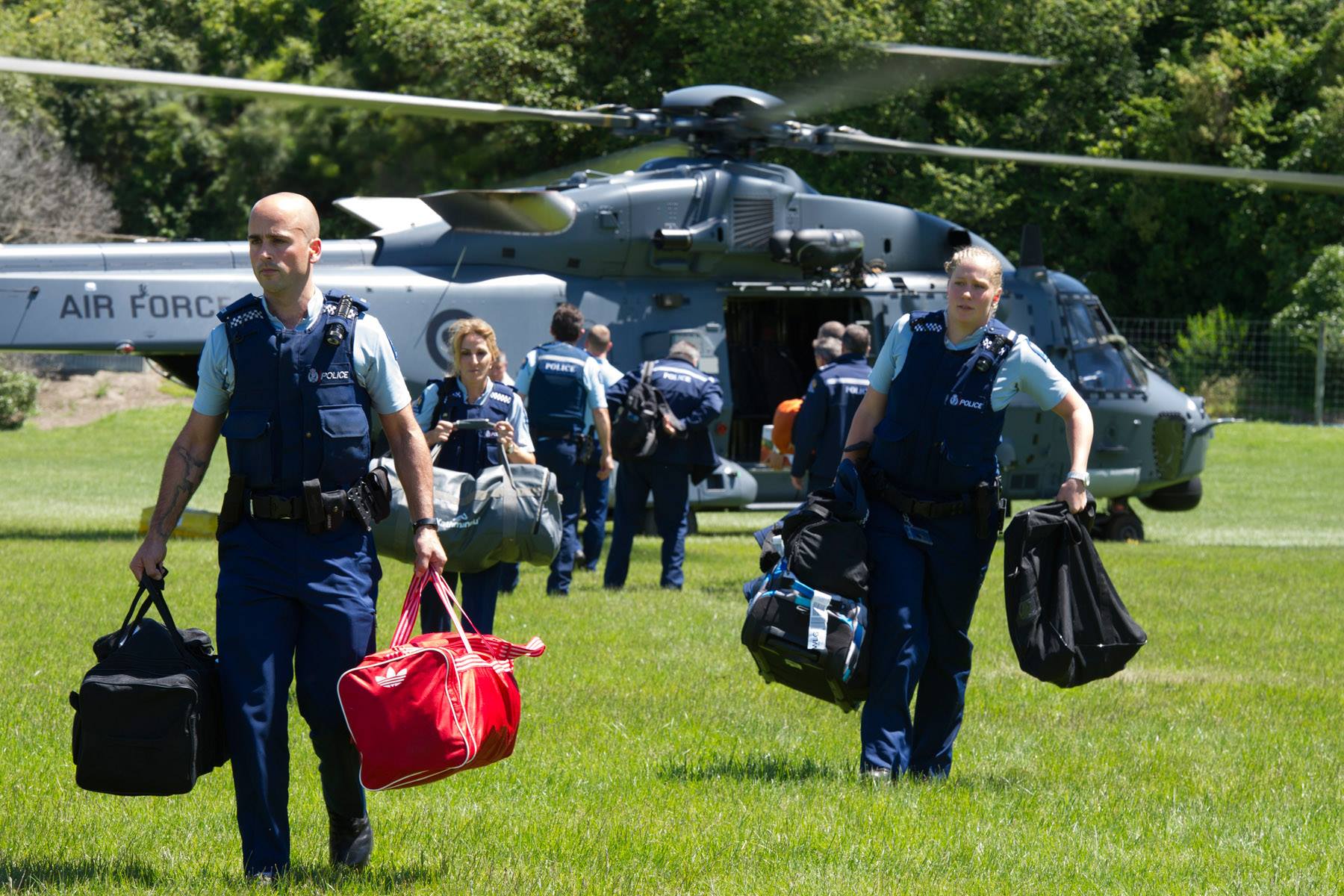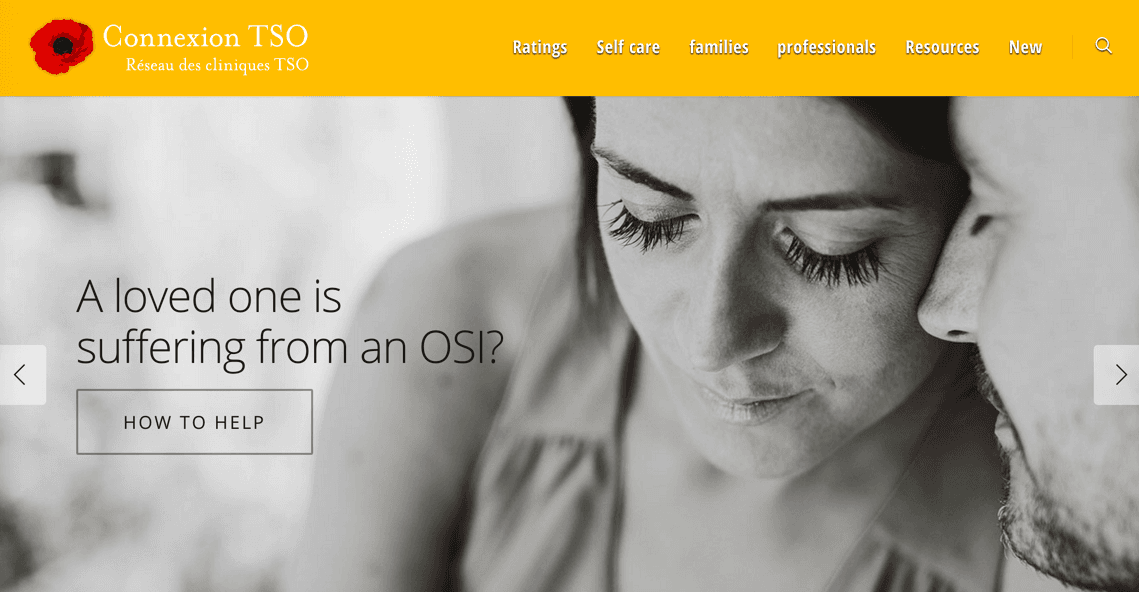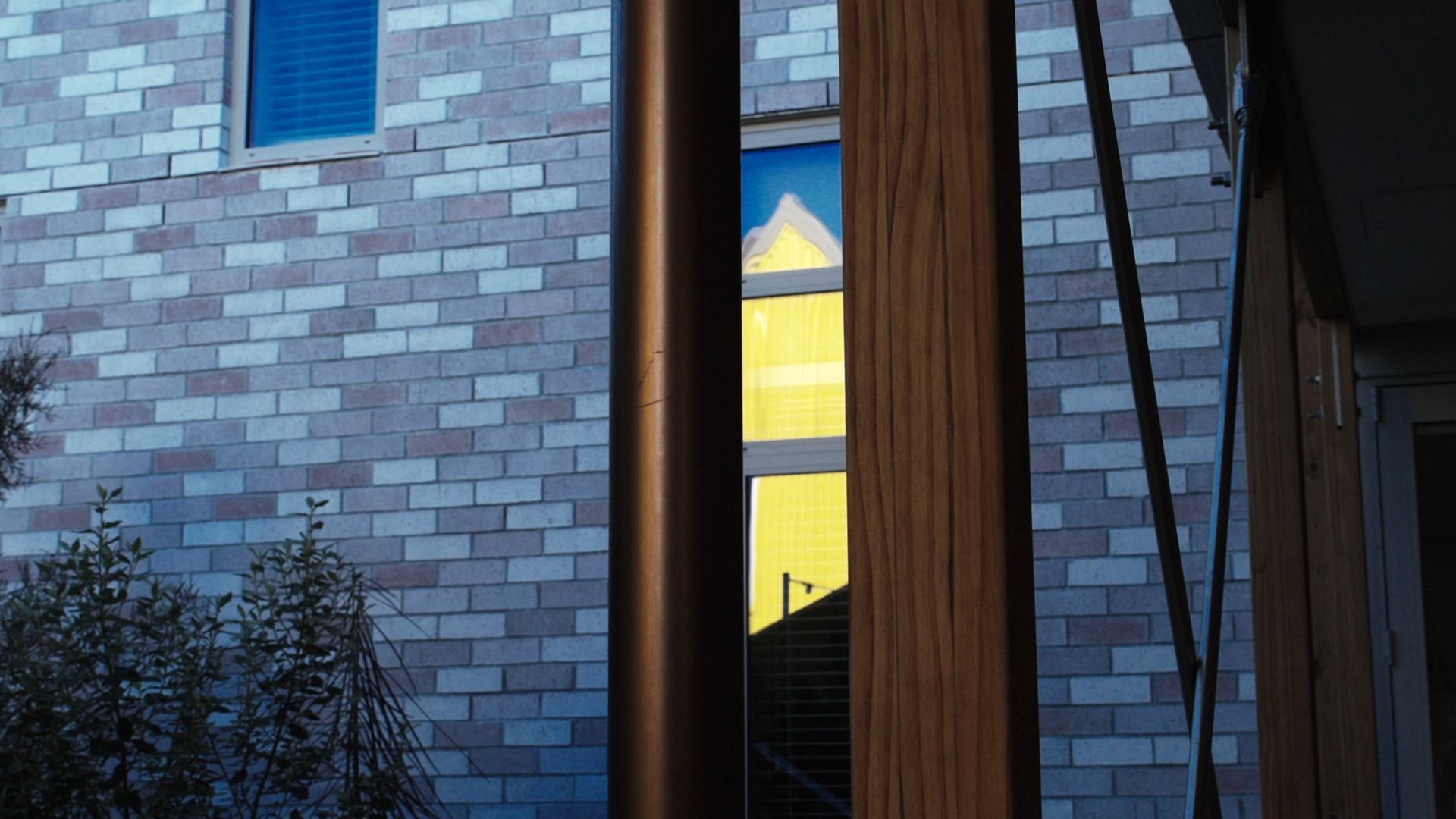PTSD Protecting 'Those Who Serve'
November 28, 2016
First responders face stress risk

"There is a whole group of people (first responders) who are suffering in silence."
They wear different uniforms and share different areas of expertise, but when a devastating earthquake struck New Zealand's North Canterbury coast, they responded as they always do, giving their absolute all to relieve the suffering of those in need.
Whether they're first responders from Police, Fire and Ambulance, Defence Force personnel, or the civilian volunteers from rescue and relief agencies, these men and women all have one thing in common; they are serving their country. In return, we owe these dedicated Kiwis a duty of care by looking after those who look after us.
The unpalatable truth is this - the very people we send into danger to help others are more likely to suffer stress related illness because of the extreme situations they face. We're not talking something that happens immediately for many first responders PTSD is the result of repeated exposure to traumatic events. There is no one size fits all for the symptoms of stress related injury but the checklist below provides a good starting point.
Whether you're being exposed to traumatic situations on a daily basis as a first responder or you're on deployment overseas with the military, those who serve, need a greater awareness of stress risks involved in their jobs and the strategies to help them cope. Steve Shamy, from Rannerdale Veterans' Care in Christchurch, heads the Australasian Care Services Network, which has been pooling international expertise to deal with the issue. Mr Shamy says while post Traumatic stress amongst military veterans' has received a lot of media attention, the problem amongst first responders has gone largely unnoticed.
An international meta-analysis of PTSD in emergency services reviewed 28 studies involving more than 20 thousand personnel and found that 10 percent of current workers exhibit the condition, with ambulance officers and paramedics the most afflicted. Source: ASCN communique, 2015.
Based on Australian sampling up to 1 in 5 police officers are at risk of PTSD.
The need to broaden the scope of discussion around PTSD and stress related injuries was touched on by New Zealand Veterans' Affairs Minister Craig Foss, at the recent of opening of the new Jacinda Baker hospital Wing.
In Canada, health officials have launched a new website http://osiconnect.theroyal.ca/
accompanied by mobile app designed to support reliance and self-care. The app was developed with first responders and military personnel in mind and it's the type of initiative Steve Shamy wants to see here in New Zealand. There's still a strong service related mantra of 'harden up and get on with it' which can make it difficult for those seeking help.
Part of a developing area of concern is what is known as moral PTSD
which refers to the emotional and spiritual impact of participating in, witnessing, and/or being victimised by actions and behaviours which violate a person's core moral values and behavioural expectations of self or others.
We should remember there are other groups of 'first responders' who aren't in the emergency services but still face traumatic events on a regular basis. I'm thinking of people like aid workers and journalists amongst others.



